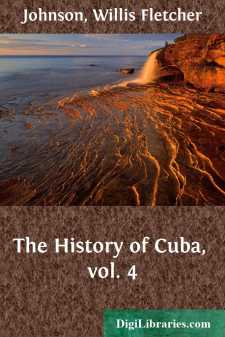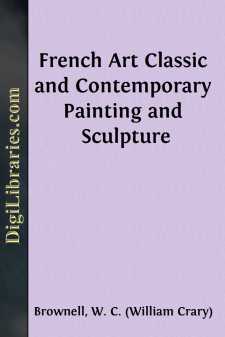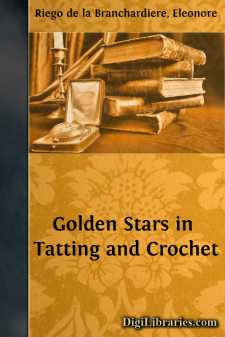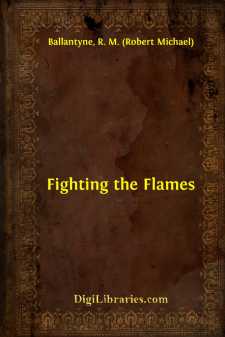Categories
- Antiques & Collectibles 13
- Architecture 36
- Art 48
- Bibles 22
- Biography & Autobiography 813
- Body, Mind & Spirit 142
- Business & Economics 28
- Children's Books 13
- Children's Fiction 10
- Computers 4
- Cooking 94
- Crafts & Hobbies 4
- Drama 346
- Education 46
- Family & Relationships 57
- Fiction 11828
- Games 19
- Gardening 17
- Health & Fitness 34
- History 1377
- House & Home 1
- Humor 147
- Juvenile Fiction 1873
- Juvenile Nonfiction 202
- Language Arts & Disciplines 88
- Law 16
- Literary Collections 686
- Literary Criticism 179
- Mathematics 13
- Medical 41
- Music 40
- Nature 179
- Non-Classifiable 1768
- Performing Arts 7
- Periodicals 1453
- Philosophy 64
- Photography 2
- Poetry 896
- Political Science 203
- Psychology 42
- Reference 154
- Religion 513
- Science 126
- Self-Help 84
- Social Science 81
- Sports & Recreation 34
- Study Aids 3
- Technology & Engineering 59
- Transportation 23
- Travel 463
- True Crime 29
Sort by:
CHAPTER I Cuba for Cuba must be the grateful theme of the present volume. We have seen the identification of the Queen of the Antilles with the Spanish discovery and conquest of America. We have traced the development of widespread international interests in that island, especially implicating the vital attention of at least four great powers. We have reviewed the origin and development of a peculiar...
more...
More than that of any other modern people French art is a national expression. It epitomizes very definitely the national æsthetic judgment and feeling, and if its manifestations are even more varied than are elsewhere to be met with, they share a certain character that is very salient. Of almost any French picture or statue of any modern epoch one's first thought is that it is French. The...
more...
by:
Giacomo Casanova
I Renounce the Clerical Profession, and Enter the MilitaryService—Therese Leaves for Naples, and I Go to Venice—I Am AppointedEnsign in the Army of My Native Country—I Embark for Corfu, and Land atOrsera to Take a Walk I had been careful, on my arrival in Bologna, to take up my quarters at a small inn, so as not to attract any notice, and as soon as I had dispatched my letters to Therese and the...
more...
by:
Asvaghosha
INTRODUCTION The Vedic Hymns are among the most interesting portions of Hindoo literature. In form and spirit they resemble both the poems of the Hebrew psalter and the lyrics of Pindar. They deal with the most elemental religious conceptions and are full of the imagery of nature. It would be absurd to deny to very many of them the possession of the truest poetic inspiration. The scenery of the...
more...
Rules and Explanation of Terms. The following Designs are formed by a very simple combination of Tatting and Crochet, the more elaborate style of both Works being avoided, so that any Lady with a knowledge of the first rules of each Art will be able to accomplish the patterns without the least difficulty, the Stars and Diamonds being made in Tatting and afterwards worked round with loops of chain...
more...
by:
Various
THE DOG WHO LOST HIS MASTER pot was a little dog who had come all the way from Chicago to Boston, in the cars with his master. But, as they were about to take the cars back to their home, they entered a shop near the railroad-station; and there, before Spot could get out to follow his master, a bad boy shut the door, and kept the poor dog a prisoner. The cars were just going to start. In vain did the...
more...
by:
Various
American Missionary Association. The next Annual Meeting of the American Missionary Association will be held in Chicago, Ill., at the New England Church, commencing at three o'clock Tuesday afternoon, October 29th. Rev. R.R. Meredith, D.D., of Brooklyn, N.Y., will preach the sermon. Details regarding the reception of delegates and their entertainment, together with rates at hotels, and railroad...
more...
PREFACE. In preparing this little treatise, I have tried to put the truths of Political Economy into a form suitable for elementary instruction. While connected with Owens College, it was my duty, as Cobden Lecturer on Political Economy, to instruct a class of pupil-teachers, in order that they might afterwards introduce the teaching of this important subject into elementary schools. There can be no...
more...
by:
Ruth Edna Kelley
CHAPTER I SUN-WORSHIP. THE SOURCES OF HALLOWE'EN If we could ask one of the old-world pagans whom he revered as his greatest gods, he would be sure to name among them the sun-god; calling him Apollo if he were a Greek; if an Egyptian, Horus or Osiris; if of Norway, Sol; if of Peru, Bochica. As the sun is the center of the physical universe, so all primitive peoples made it the hub about which...
more...
How the Fight Began. One’s own fireside is, to all well-regulated minds, a pleasant subject of contemplation when one is absent, and a source of deep gratification when present. Especially may this be said to be the case in a cold, raw night in November, when mankind has a tendency to become chronically cross out of doors, and nature, generally, looks lugubrious; for, just in proportion as the...
more...











